
Matsuba Group was dominant in Gumma but an emerging group begins to mess around their territory. Designated as the leader of a branch, Makino swipes the rival group... but can he take on a horde of rival assassins?
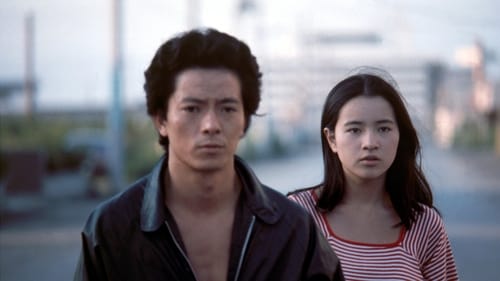
준은 22세로 부모로부터 물려받은 바를 경영한지 3개월이 되었다. 가게를 도와 주고 있는 것은 어렸을 적부터 친구인 케이코이다. 하지만 어머니는 그에게 "케이코와 함께 하는 것은 너에게 좋지 않은 일"이라고 말한다. 아버지는 준에게 케이코가 강간 당해 귀가 먹었다고 이야기하자 준은 아버지를 죽인다. 돌아온 어머니는 자수하겠다는 준을 말리는데...
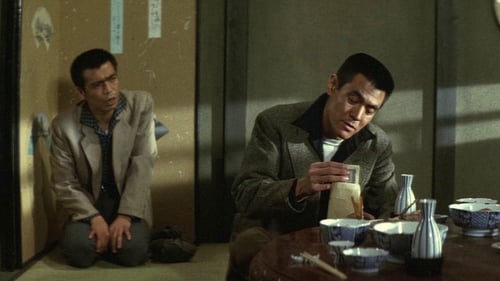
Assistant Director
전후, 암시장이 왕성하던 시기, 히로노쇼조와 그의 동료들은 가득한 야심으로 파벌싸움을 일삼는 야쿠자들의 또 다른 전쟁을 마주한다. 야마모리를 보스로 한 새로운 조직에 가입한 일로 쇼조는 도이라는 그의 의형제의 가족과 불화를 빚는다. 하지만 그것은 기사도의 종말이자 위선과 배신, 그리고 피의 암살의 시작에 불과했다.
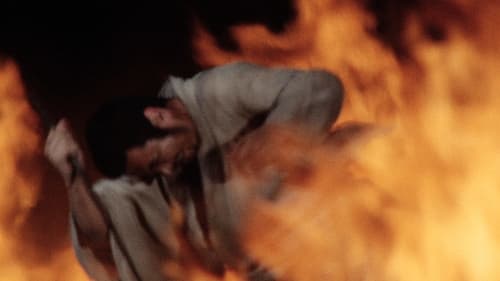
Zatoichi is mentored by the blind leader of a secret organization as he contends with both the Yakuza and a jealous husband.

BLOOD END is one of the great unknown films from Japan's golden era of the late 1960's. Starring NAKADAI Tatsuya in one of his best roles, this is the story of the Mito Tengu Group who attempted to overthrow the Shogunate at the beginning of the Bakumatsu Period. Their political aspirations led to countless assassinations, as well as senseless killing of innocent people who got in their way. Sentaro (NAKADAI), a farmer who's been severely beaten for his outspoken defiance of the government and the high taxes during a time of famine is befriended by one of the group's leaders, KADA Gentaro (KATO Go) and joins up. This is the masterpiece of director YAMAMOTO Satsuo (who is best known for the first film in the NINJA, BAND OF ASSASSINS series) the erstwhile 'Leftist' director, who used his films to make his political points. Stunning fight choreography, and ultra-violence make this one of the bloodiest films of that era. A powerful film Rare classic!

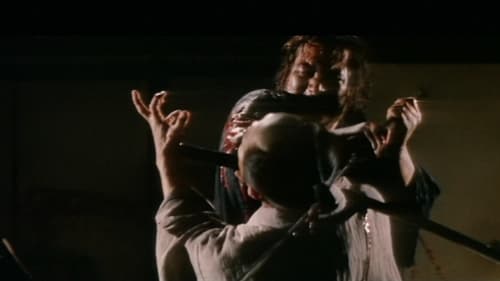
가난한 하층민 이조는 사무라이가 되길 꿈꾸며 검술의 달인 타케치의 문하에 들어간다. 타케치는 이조를 꼭두각시처럼 조종하고, 이조에게 막부의 요인들을 닥치는 대로 암살하라고 지시한다. 명령을 따르던 이조는 뒤늦게야 이용당하기만 하는 자신의 처지를 깨닫고, 배신감에 타케치를 떠나기로 결심한다. 19세기 일본 막부 말기에 실존했던 ‘3대 칼잡이’ 중 한 명인 이조 오카다의 파란만장한 인생을 그렸다.
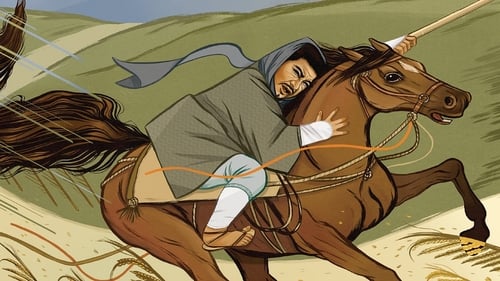
Kumakichi
Zatoichi is forced to kill a young man who owes a debt to a yakuza boss. Moments later, his sister Osode arrives with the money she earned (prostituting herself) to pay his debts. The bosses true motives are revealed and he attempts to steal Osode even though the debt is paid. Zatoichi realizes his grievous error and protects the girl from the gang. Osode and Zatoichi are caught in a dilemma as she must rely on her brother's killer for protection and Zatoichi wrestles with the injustice he has caused.
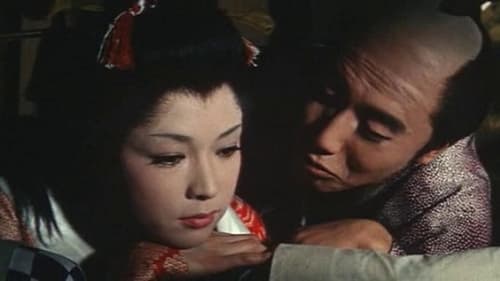
병적이다 싶을정도로 색을 밝히는 남자 이야기.
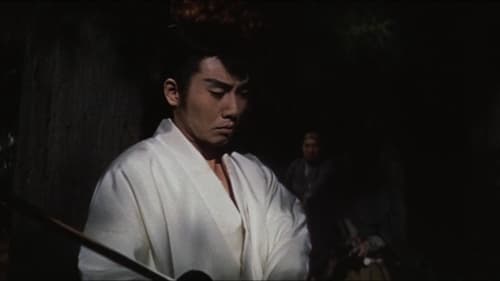
The sequel to Daibosatsu tôge (1960) and the second of the trilogy follows the adventures of Ryunosuke Tsukue after he is blinded.
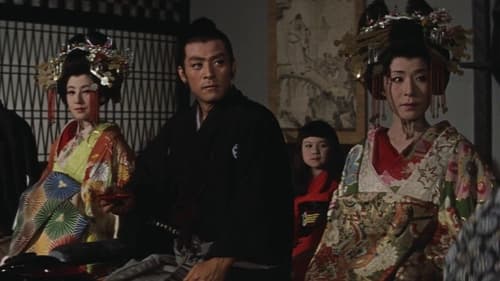
Kumosuke no Sanzo
The Dai-bosatsu toge trilogy is based on Kaizan Nakazatos unfinished long series of novels (41 books, written from 1913 to 1941). Set in the last period of the Tokugawa Shogunate, Daibosatsu Toge tells the story of Tsuke Ryunosuke, a nihilistic swordmaster who doesn't hesitate to kill anyone, bad or good.

Film directed by Kenji Misumi.

Period drama based on the novel by Saisei Murō.

Film adaption by Kenji Misumi

Early film by Kenji Misumi.

It is brother against brother in this tale of love and betrayal within the famed Yagyu clan. In one of their earliest films together, superstars Ichikawa Raizo and Katsu Shintaro are magnificent as the two finest young swordsmen in the clan. As they vie for the hand of a beautiful woman their loyalty comes into question during an attack on their lord. When one of them masters the secret technique taught to him by Miyamoto Musashi, it leads to bloody violence that can tear the clan apart! Filled with superb swordplay this rare classic is not to be missed!

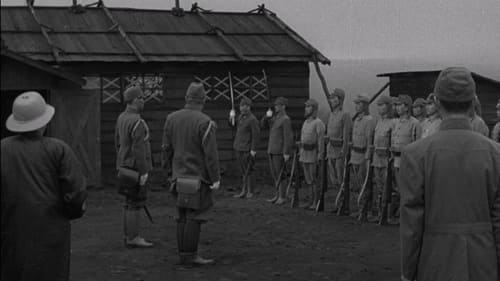
In June 1941, Captain Kagawa (Ryutaro Tatsumi), who had just graduated from the military academy, was assigned as the captain of a sentry patrol in Beiman, which was located on the opposite side of the Heilongjiang River from the Semidomka region of the Soviet Union. His predecessor, Lieutenant Kishi (Kawamura Kenichiro), a mild-mannered middle-aged man, had earned the trust of his men and the villagers by relaxing his military duties. However, newly appointed Lieutenant Kagawa thinks that Kishi's way of doing things is sloppy and begins to train the soldiers furiously in order to teach them a lesson.
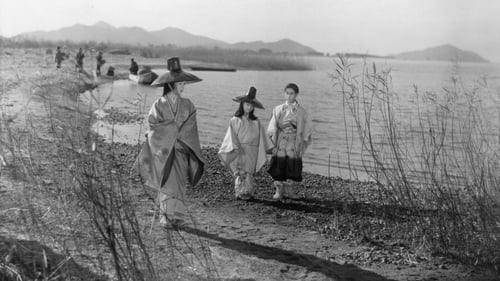
Slave Trader
여행 중 인신매매범의 손에 걸려 모친과 헤어지게 된 주시오와 안주의 오누이는 호족 산쇼다유에게 팔리게 된다. 노예나 다름없게 된 이 두 사람은 중노동에 시달리면서도 모친과의 재회를 꿈꾸며 하루하루를 보낸다. 그로부터 십년 후 여전히 산쇼다유의 수용소에 갇혀있는 이들은 어느 날 새로 들어온 젊은 여인이 부르는 노래에 자신들의 이름이 들어있는 것을 알고는 깜짝 놀란다.
인신매매가 횡행하는 헤이안 시대를 배경으로 부모 자식 간의 애정 그리고 인신매매 등의 인권 문제를 그리고 있는 작품으로, 단순한 이슈로서의 사회성을 인간 조건의 비극성에까지 끌고 간 걸작이다.

Okoyo, the mistress of Lord Arima, fears that she is being replaced by a younger woman named Otaki. In a fit of jealousy, she kills the younger girl. The dead woman's cat licks her blood and becomes a demon, seeking revenge on Okoyo
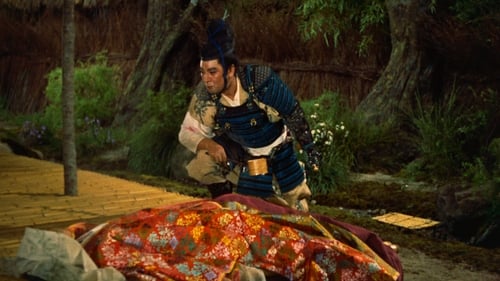
Yoshiharu
12세기 에도 시대, 곳곳에서 반란이 일어나고 혼란과 공포가 교토를 뒤덮는다. 교토의 산조성 또한 공격을 당하고, 왕족인 키사는 젊은 사무라이 모리토에게 구출된다. 이때의 인연을 시작으로 모리토는 그녀를 사랑하게 되지만 키사는 벌써 모리토 보다 계급이 높은 사무라이 남편이 있는 몸이다. 모리토는 충성스러운 사무라이지만 그녀를 향한 사랑 때문에 결국 이성을 잃게 되고 키사의 고모까지 인질로 잡으면서 키사를 자기 것으로 만들려고 한다. 일본에서 처음으로 이스트만 컬러를 사용한 작품으로, 화려한 색감과 의상으로 한 순간도 눈을 떼지 못하게 만든다. 기쿠치 칸의 역사극을 영화화했으며, 1954년 칸 영화제 그랑프리를 수상했다.
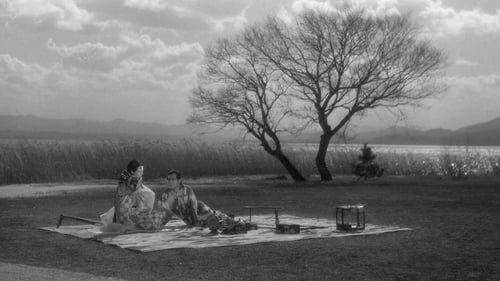
Armored knight
도공 겐주로는 전란의 혼란을 틈타 큰 돈을 벌 생각을 한다. 한편 그의 매제 도베이는 사무라이로서 출세하는 것이 꿈인 사내다. 겐주로의 처 미야기는 돈은 못 벌더라도 가족 간의 단란함이 훨씬 소중하다고 생각한다. 겐주로는 만들어놓은 도기를 팔러 도회로 나가 상당기간 소식이 끊어진다. 그는 시장에서 어느 귀부인으로부터 물건을 배달해달라는 부탁을 받는데, 그녀의 아름다움에 한눈에 반하고 만다. 현실과 환상의 구분을 일거에 무너뜨리는 뛰어난 영상미와 인간의 어리석음의 근원을 파고드는 설득력 있는 스토리로 미조구치 겐지의 이름을 세계에 알린 작품일뿐 아니라 후대의 영화 작가들에게 큰 영향을 끼친 영화이다.

Jewel thieves become interested in an invisibility formula invented by Professor Nakazato and want to use his invention to acquire a diamond necklace called the "Tears of Amour."

Jida-geki by Santaro Marune.

A 1946 Japanese film directed by Keigo Kimura.














